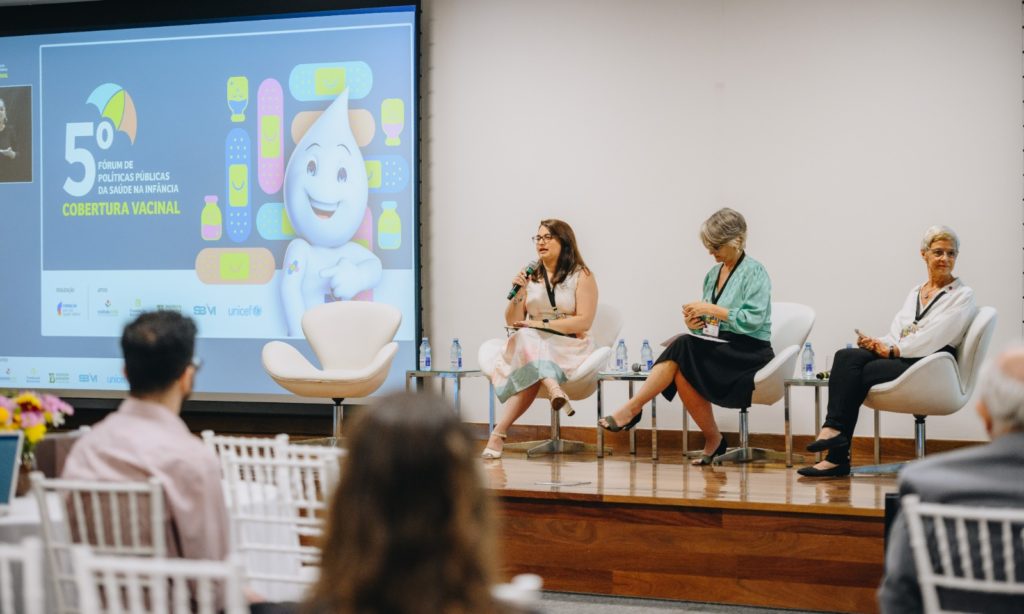In addition to addressing vaccination in schools, research conducted by the University of São Paulo and the José Luiz Egidio Setubal Foundation indicates Reasons why parents vaccinate their children or fail to vaccinate them
From the editor
A survey conducted by the University of São Paulo and the José Luiz Egidio Setubal Foundation (FJLES) indicates that more than 80% of parents and guardians across Brazil agree to implement vaccinations against influenza, HPV and COVID-19 in schools. Although data from recent years indicate a decline in vaccination coverage, the study confirms that adults with children consider vaccination essential for their children’s health.
“The country does not have a specific policy on campaigning in schools, some municipalities provide it and others do not, so we hope that the research will shed light on this possibility and guide public policies in the near future,” says Marcos Paulo De Luca Silveira. , chief researcher of FJLES.
Mothers and fathers from the five Brazilian regions were interviewed to produce the study. Among them, 98% had vaccinated their children aged 14 years or younger; The same percentage considered vaccinations important in preventing diseases such as meningitis, indicating that the population takes the severity of the disease into account when deciding whether to vaccinate children.
Providing vaccination in schools can contribute to increasing vaccination coverage in Brazil. This is because, according to research, it is one of the main factors that contribute to vaccine hesitancy These are the availability of immunization tools, confidence in the effectiveness and safety of vaccines, and the perception that the risk of contracting a vaccine-preventable disease is low.
During the launch of the study, at the Fifth Public Policy Forum on Childhood Health, the Director of Bioimmunology at… Butantan InstituteRoy Currie spoke about the role of the initiative in the immunization scenario. “We are interested in educating people so that they are not afraid or hesitant to take the vaccine. This event aims to discuss the reasons for the decline in vaccination coverage, and to listen to various sectors and experts, so that an effective strategy can be thought of to change this scenario.
When discussing public health policies, the research contributes to achieving Sustainable Development Goal 3, one of the goals of the United Nations 2030 Agenda that encourages actions that ensure health and well-being for all populations. The full article is available at FJLES website.

“Wannabe internet buff. Future teen idol. Hardcore zombie guru. Gamer. Avid creator. Entrepreneur. Bacon ninja.”

